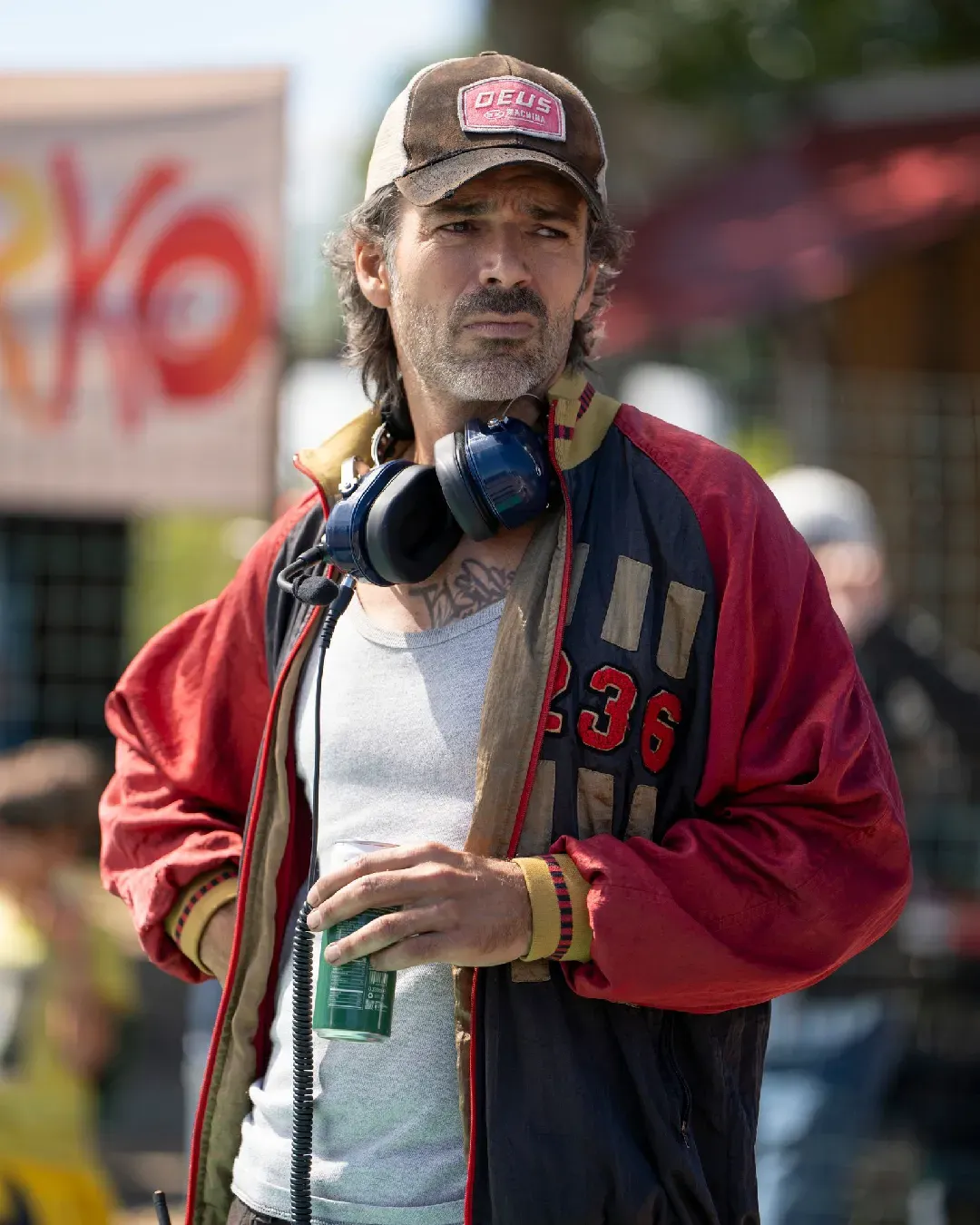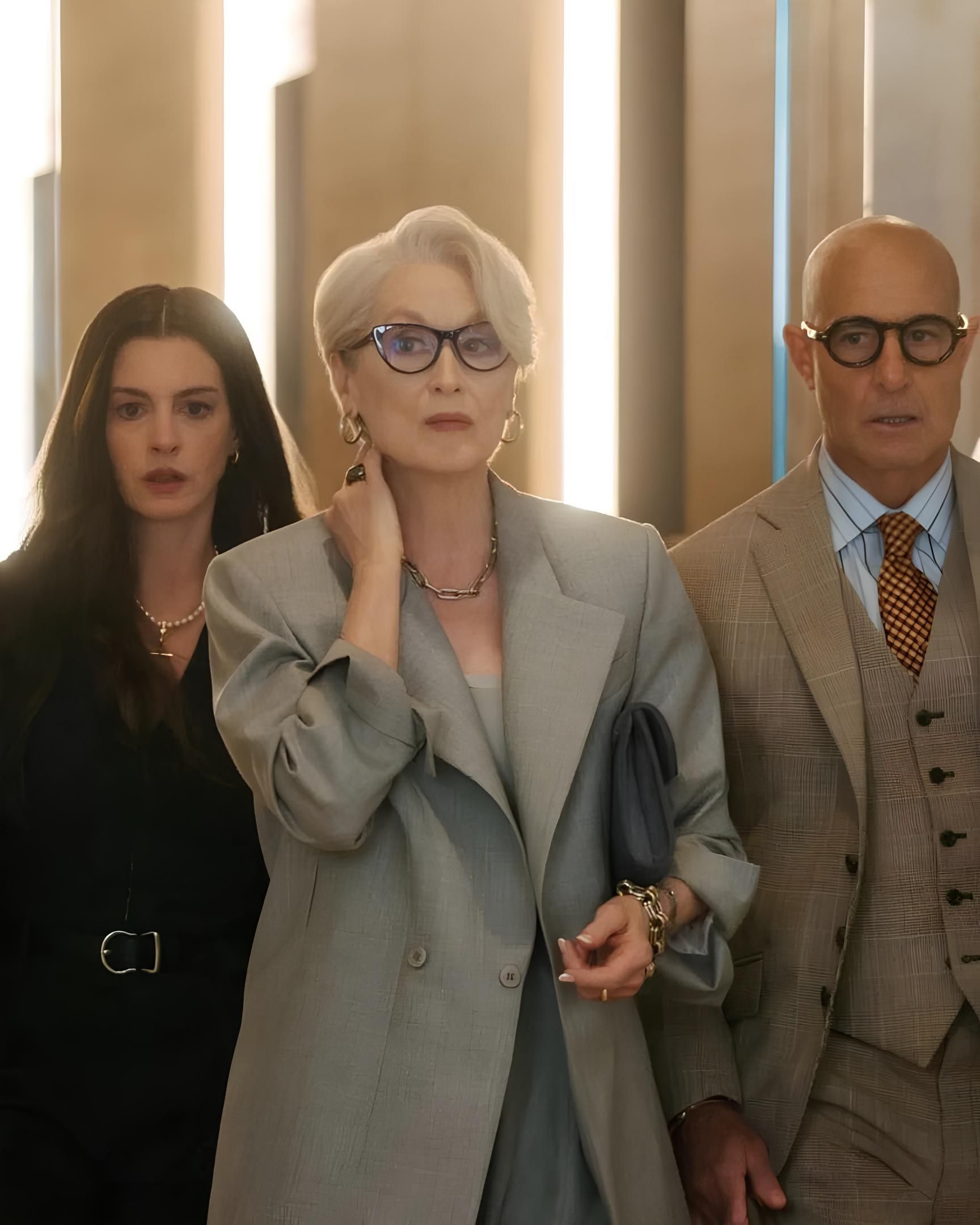
In movies, big budgets do not always mean big success What is worth spending money on?
In the first episode of The Studio, a new AppleTV+ original series, Seth Rogen plays film producer Matt Remick. A professional who, however, feels that his job has now become one of destroying films. Who knows how many have felt like Matt, entering with the dream of creating future masterpieces only to find themselves having to pitch to their boss and sponsors a blockbuster about a colorful little man like the Kool-Aid mascot. What bitterly amuses us most about Rogen's character’s position and inner struggles is how his good intentions, right from the show's first episode, are forced to bend. Because Matt Remick has a goal as a producer, a vision more like that of a cinephile and creative than a hardened producer: to make even bigger budgets available to great authors. And by great, when used next to authors, it doesn't necessarily mean famous names—at least not only. It refers to filmmakers with taste, aesthetics, and above all, stories worth supporting. Not spending the equivalent of what a small independent production house might earn in two or three years on projects aimed at the mass market, which end up being ridiculed both by audiences and film critics—even though, probably, they were box office hits.
The Studio, which landed on the streaming platform on March 26, follows the themes sparked by the recent 2025 Oscars with the victory of two titles considered independent in terms of cost, both winning major awards during the ceremony. Anora, which won five Oscars—four of them for director Sean Baker (also writer, editor, and producer)—had an investment of $6 million with a worldwide return of $54,746,907, boosted by its Academy win. The same goes for The Brutalist by Brady Corbet, $10 million budget, with a return of $48,588,929—a result to be viewed in perspective considering it's a three-and-a-half-hour film in English and Hungarian shot on 70mm film. On the Academy stage, the importance of preserving independent cinema was emphasized, and it was ironic that just a few weeks later, Netflix dropped The Electric State—a film with a $320 million budget. Although it quickly became one of the platform’s most viewed titles, it received one of the coldest critical receptions imaginable.
With The Electric State, the Russo brothers showed that in the film industry, the rule seems to be that if you’ve managed to make one successful product, then it’s as if you’ve earned the right to blow all the money you’ll be entrusted with. Maybe, though, when Anthony and Joe Russo helped Avengers: Infinity War and Endgame gross over $2 billion each, no one stopped to think that those weren’t just two stand-alone films, but exceptions that proved some unspoken rule of the market. The production of those movies had been planned years in advance, so anticipation and impact were inflated from the start. They were the two Marvel Cinematic Universe films that would close a chapter opened in 2008, lasting ten years and becoming so relevant in modern entertainment that they attracted even people who had never seen a superhero film—and that’s exactly what happened. For 2022’s The Grey Man, the director duo received a $200 million budget from Netflix with a return of just 454,023 dollars, though it had a big following on the platform it was made for. So much so that they decided to ignore all the reservations shown by both the public and the press after the film’s release, handing the directing and writing duo one of the highest budgets ever recorded in Hollywood history for The Electric State.
So where does the blame lie? And more importantly, whose fault is it? Is it the audience who gives in, hoping that the Ryan Gosling and Chris Evans duo will work, actually going to the movies or hitting play on Netflix, only to promise themselves never to make the same mistake again? Or is it upstream, with that producer from The Studio who is fully aware that his investment is merely part of an industry that must obey such rules? The question that should be asked today is perhaps what is worth spending on, in Hollywood and beyond. The Italian film industry has been at a standstill for over a year due to the lack of state funding—the most important support for works without major production backing. Even when changing country and type of cinema, it’s interesting how, for a veteran like Pupi Avati—as he stated during the film L’orto americano—working with a limited budget is a demonstration of an author's talent, who must know how to find solutions for every mishap or lack.
Megalopolis
— Amazing Shots (@Amazing__Shots) March 29, 2025
Director : Francis Ford Coppola
Director of photography : Mihai Malaimare Jr. pic.twitter.com/sNnMhDrUot
Other masters don’t worry about turning off the taps, especially when they are offered the chance to spend freely. Martin Scorsese didn’t need to be asked twice, with Killers of the Flower Moon and Apple’s $200 million investment for a flop that only grossed 158.8 million worldwide. Are we sure that if Seth Rogen’s Matt Remick had been allowed to direct a Scorsese film with an unlimited budget and unlikely financial return, he wouldn’t have done the same? The first episode of The Studio is exactly about this. It’s impossible not to think of Francis Ford Coppola’s Megalopolis, of him investing his own money, just like Kevin Costner did for his western saga Horizon, even selling properties and homes to complete the project. What should a producer do in the face of great directors? Indulge their every artistic whim, however passionate and avant-garde, or tighten the purse strings and risk becoming the target of interviews and mockery if a work no one believed in becomes an unexpected hit?
#Barbie opens with $337M at the global box office, more than doubling its $145M budget. pic.twitter.com/Htt8rgTSyC
— Pop Crave (@PopCrave) July 23, 2023
There are those, like Christopher Nolan, who, following the box office disappointment of Tenet, decided to part ways with his longtime partner Warner, despite the pandemic’s impact being taken into account. True, Universal made a great deal, investing 100 million and seeing a return of 957 million for Oppenheimer. A triumphant result in the summer of 2023, also marked by the example of Barbie, which is openly referenced in The Studio through the protagonist’s desire to invest in similar projects: stories for a broad audience directed by auteur filmmakers. This also opens up the marketing discussion—how often do people fail to realize that selling a film is a nearly essential part of any cinematic project, with promotion that should start months before a title’s release—something that small distributors of massive indie hits like Neon understand well. Thus, Warner, having lost Nolan but gained nearly $1.5 billion from Greta Gerwig’s film, decided to support another auteur: Paul Thomas Anderson. According to early reports, for his upcoming One Battle After Another, he agreed to hold test screenings and make edits where necessary, slightly trimming the runtime by 8 to 10 minutes after initial audience feedback. A sacrifice—apparently spontaneous—that makes perfect sense given Warner offered $130 million for the film starring Leonardo DiCaprio, needing to hope for at least $260 million to break even.
‘NOSFERATU’ is on track to become one of Focus Features highest grossing films ever at the domestic box office.
— Cinema Solace (@SolaceCinema) January 2, 2025
It made $53M in 1 week. pic.twitter.com/HIu5zFJTCD
Maybe the solution lies somewhere in the middle? Maybe it’s possible to promote meaningful stories, big names, and emerging auteurs, building trust in both seasoned veterans and new hopefuls? After all, when Robert Eggers was given about $90 million for The Northman, he stumbled, earning just under $70 million and having his reputation in horror cinema questioned. Instead, with his $50 million budget for Nosferatu, with a solid script and great performances, he managed a comeback with $180,928,503 worldwide, securing a new collaboration with Universal Pictures and Focus Features for his next film Werwulf, centered on werewolves. And if funding really can’t be found, necessity breeds creativity: just don’t end up like Brady Corbet, who declared that since the release of The Brutalist he hasn’t earned a single cent. Maybe cinema really does need more courage—and more trust in the audience, who in recent years have shown interest in serious, meaningful projects. And if things go badly, there’s always hope that your film becomes a cult classic—because apparently, they do just fine when re-released in theaters years later.













































